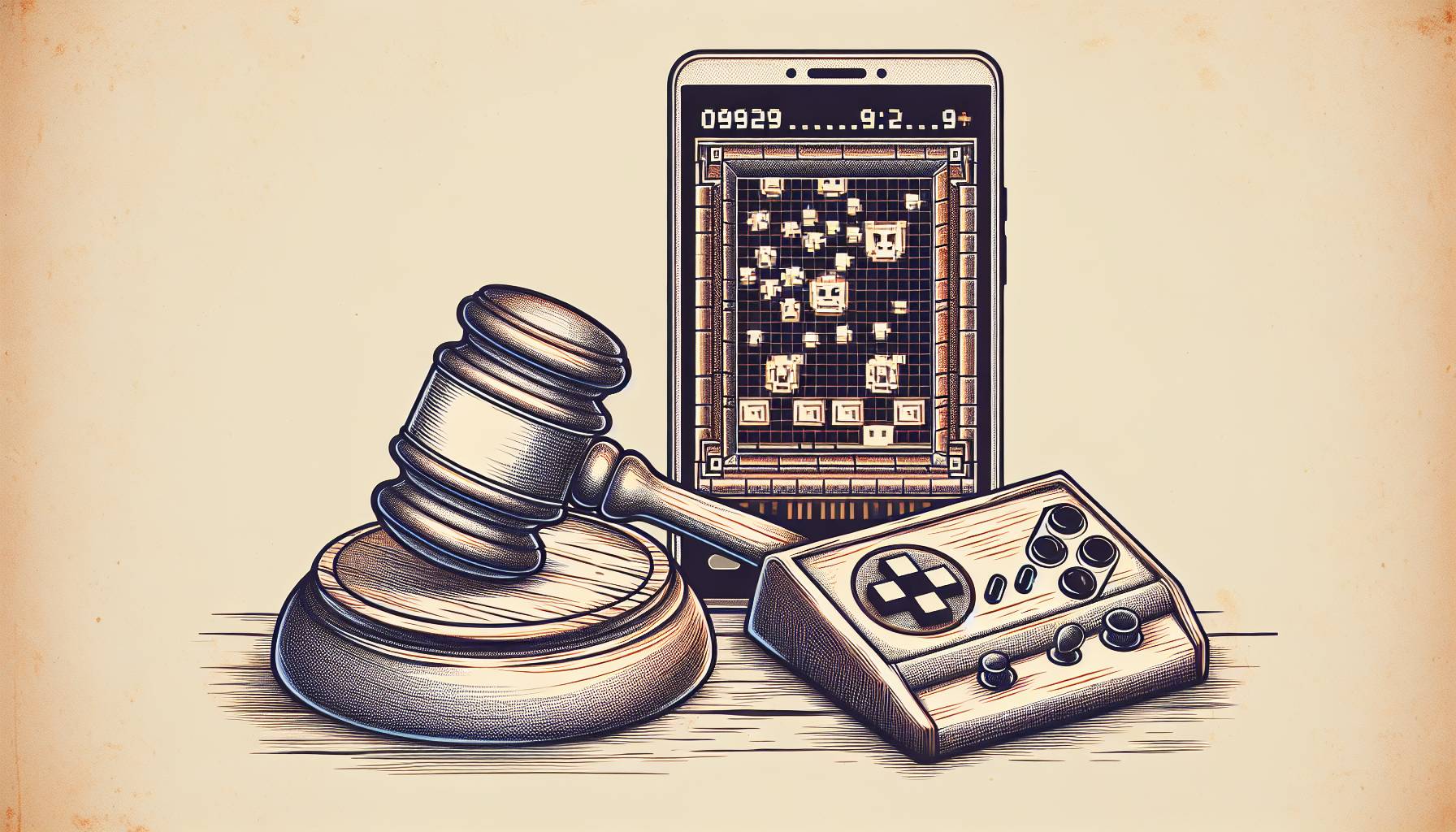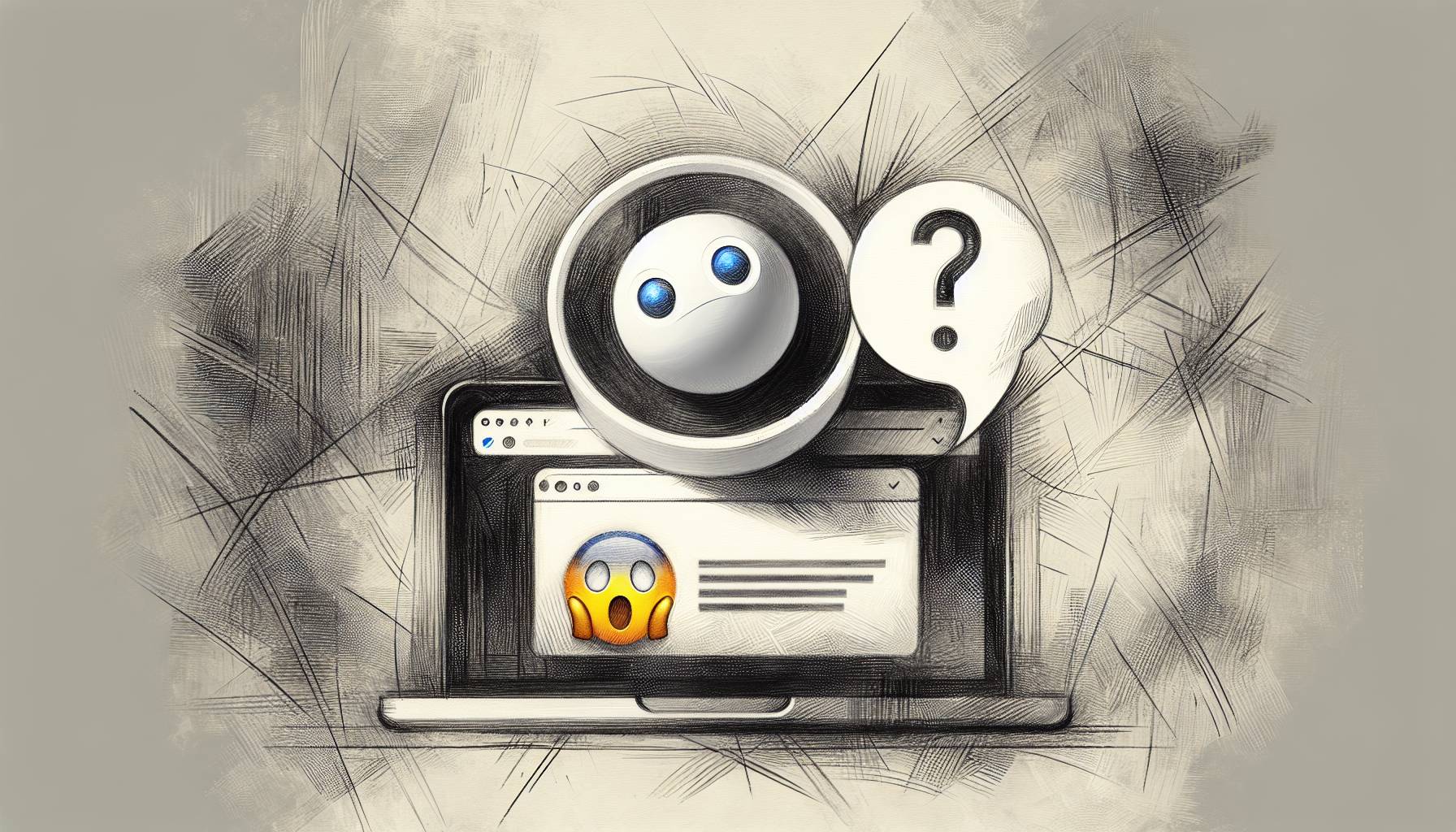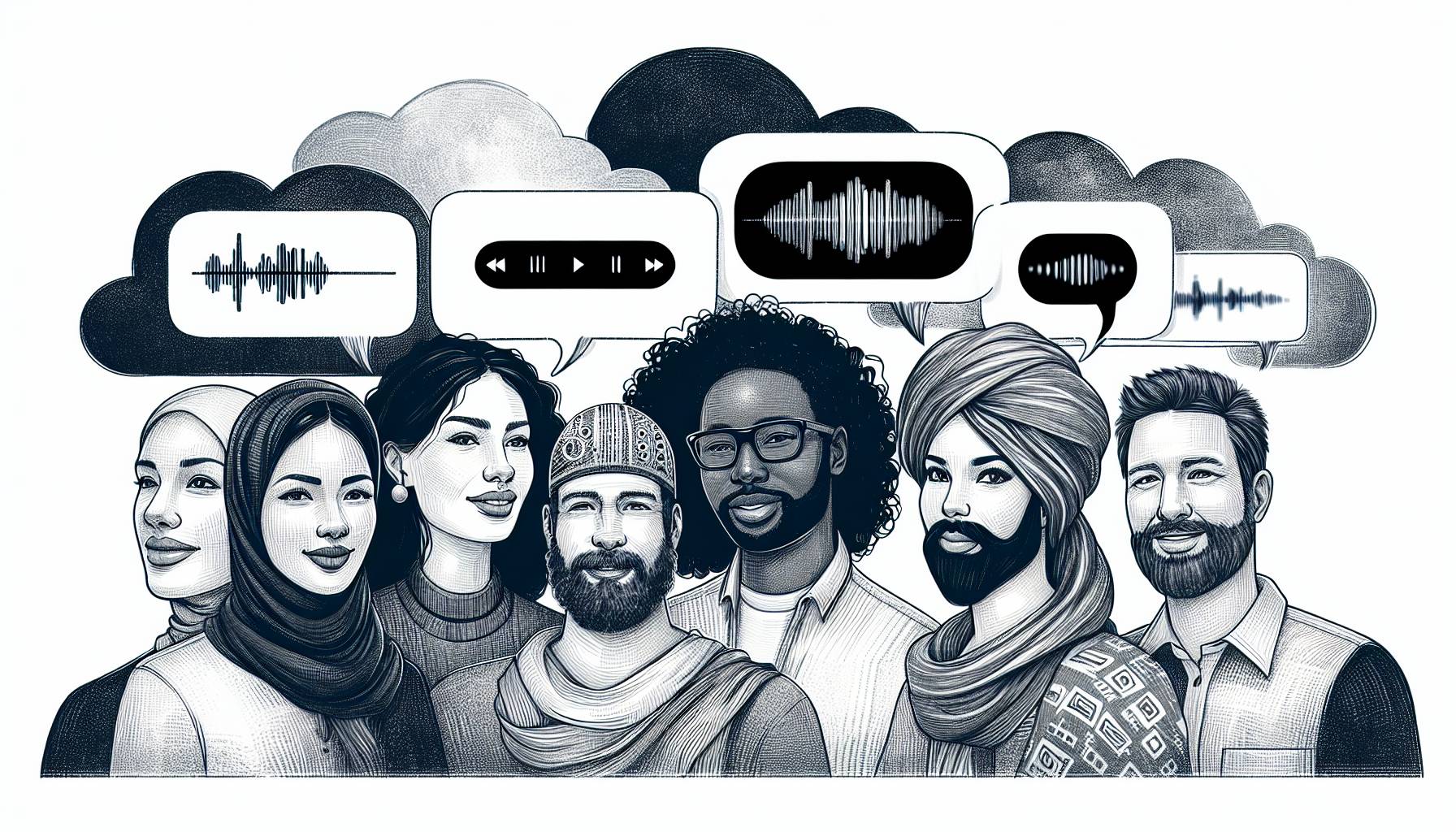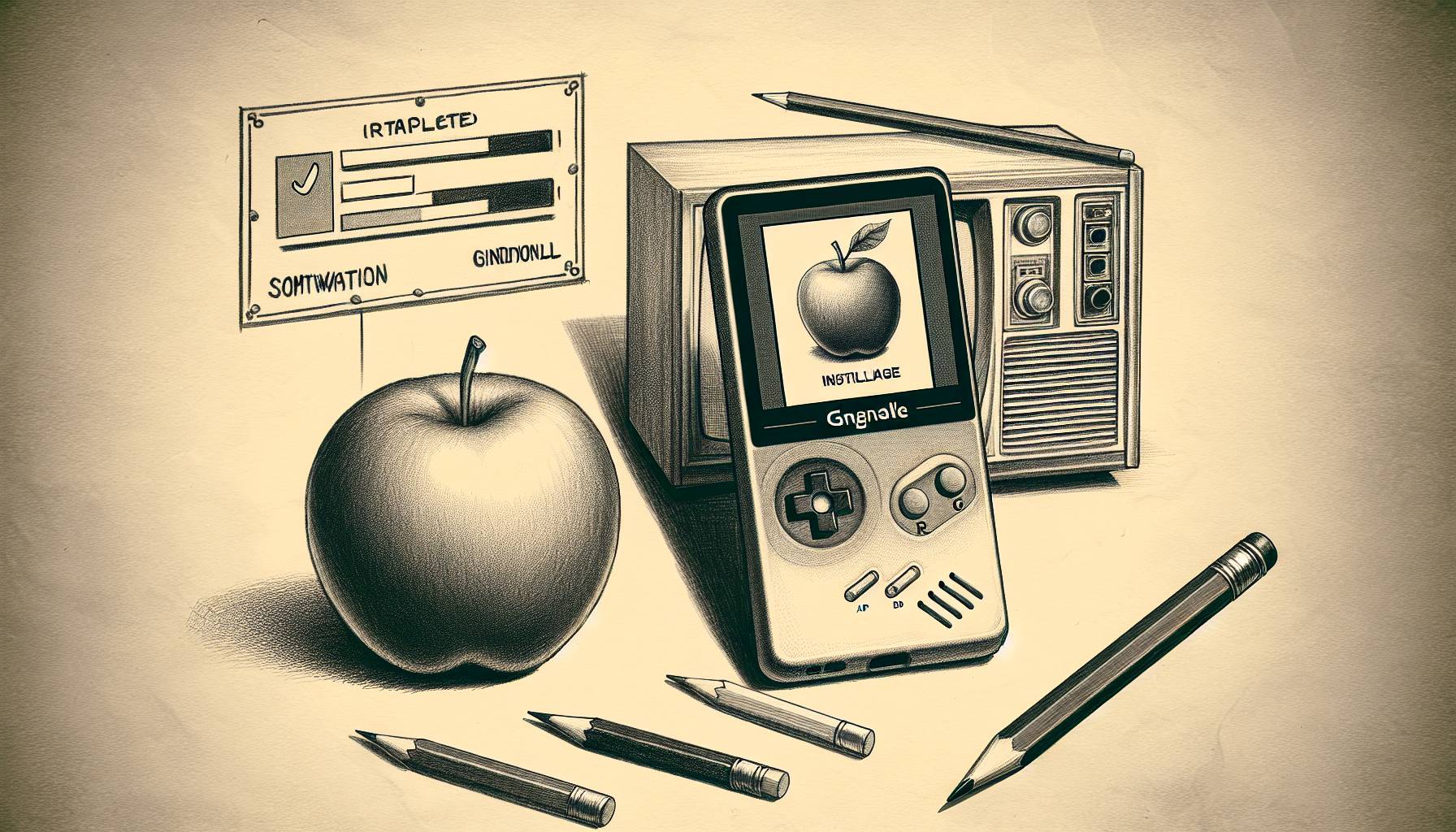Swine flu (which is the common name for the H1N1 flu virus) is just the latest in a long parade of illnesses it’s suddenly trendy to worry about having, and what better way to keep your health in check by turning to the trendiest device you own: An iPhone. Since doctors aren’t instantly available to dispense advice as soon as you start sniffling, a quick hop onto iTunes or the app store can easily provide you with enough knowledge to at least gauge whether you should whip out your insurance card and make an appointment. (Of course, Appolicious condones consulting a medical professional if you aren’t feeling so hot.)
ImageVis3D Mobile (free) converts your iPhone into a much more high-end piece of medical equipment, and by being a free app, it’s far cheaper than buying your own CT and MRI scanner off of eBay. True, you can’t scan your own body with this app, but pre-loaded, fully rotatable renders of a hand, pelvis, tooth, and a head can give you a pretty good idea of where everything ought to be. For kicks and giggles, you can also look at scans of an engine and a carbon molecule, should your car or atoms be under the weather. The image quality is a little lacking, and sometimes you can completely lose the render, but the price is right.
For a much more in-depth and clinical look at human anatomy, AnatomyLab ($9.99) gives a pretty detailed picture. With 39 layers of an actual cadaver that can be peeled on or gingerly propped back up via two-finger swipes, everything that makes our bodies tick is literally at your fingertips. The sheer amount of text more than backs up the visual information, and the option to search for specific body parts to find its location is inspired. Ever wonder where your duodenum or cystic bile duct are? Navigate through a simple menu, and wonder no more: They’ll instantly be highlighted for you, along with text laying out exactly what purpose they serve in the body. You can even jot down some notes of your own. The much more scaled down MyBody ($1.99) still allows you to dissect through muscles, vessels, nerves, and organs, but doesn’t bog you down as much with information.
So after you’ve examined the X-rays and diagnosed the problem, it’s time to run some tests. That’s where Medical Lab Tests ($5.99) comes in. Designed for medical students, nurses, and residents, the app is intended for concerned patients that want to know the meaning of different tests, organized by category. The average person will be overwhelmed by the inundation of multi-syllabic medical terms, but the no-fuss menus and the ability to look up the history of a certain test and its purpose is oddly comforting. You might not have known that copper levels can determine whether you have Wilson’s disease or primary sclerosing cholangitis (or even know what they are), but after a few minutes, the true hypochondriac will be versed in this jargon.
Finally, it’s prescription time. Medical Drugs ($4.99) is a virtual pharmaceutical encyclopedia, and from Abreva to Zemplar, patients can find out more information about drugs than they knew even existed. The manufacturer, when the drug was approved, what it’s used to treat, its clinical results, side effects, and much more is all instantly available. Too bad there isn’t an app yet to print out a prescription and a medical degree.












